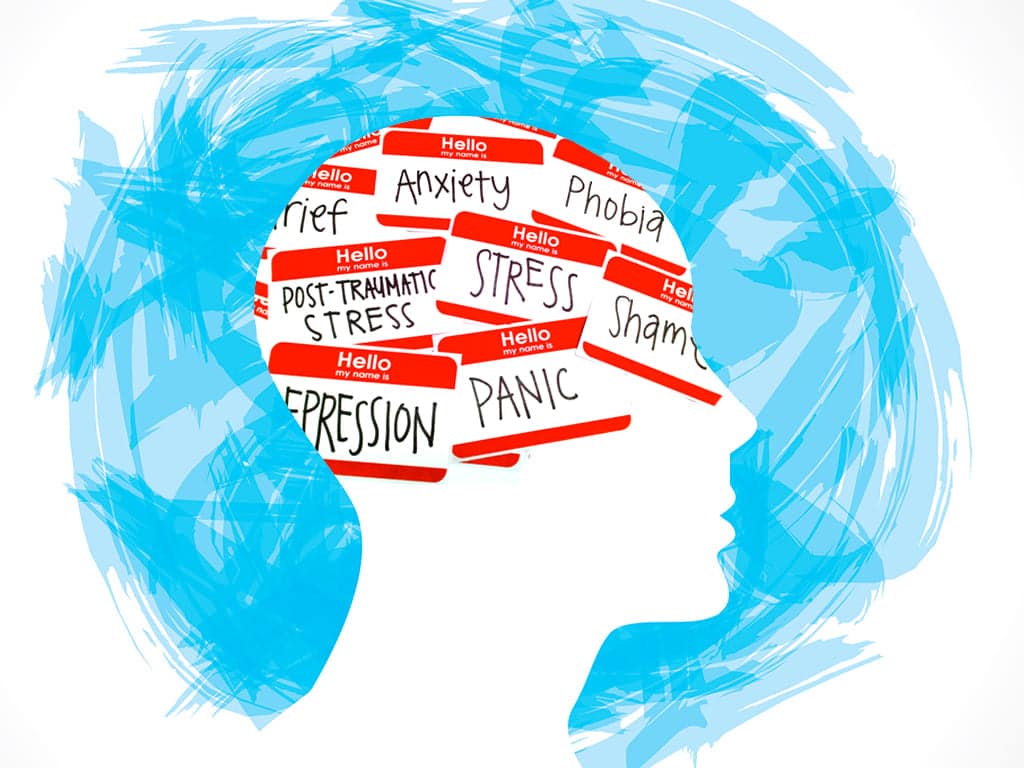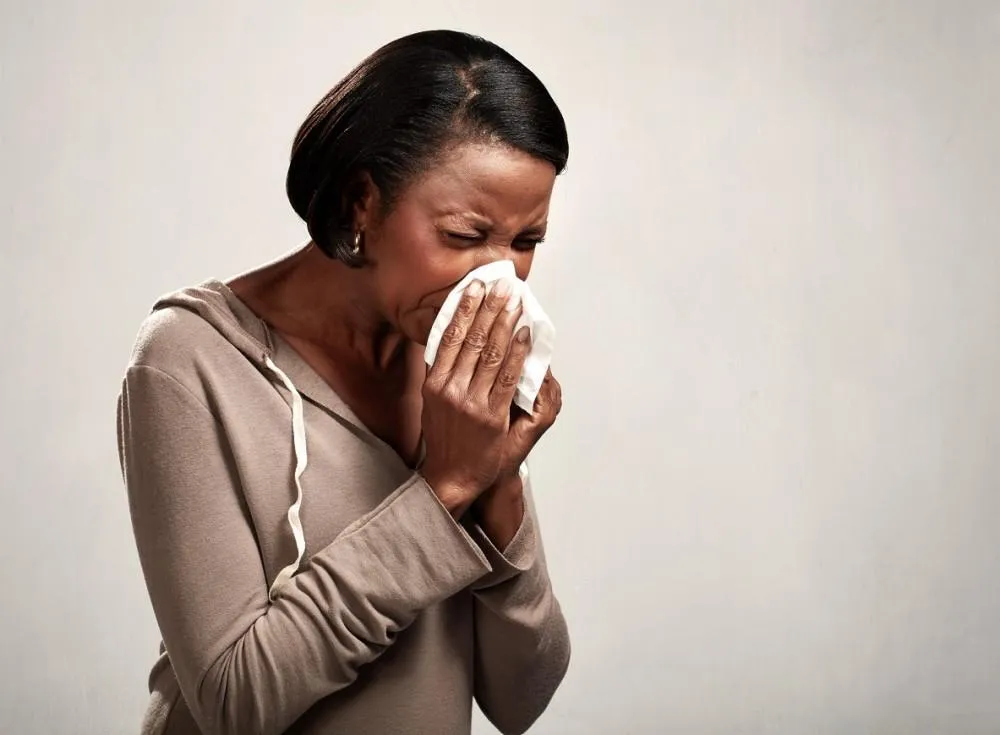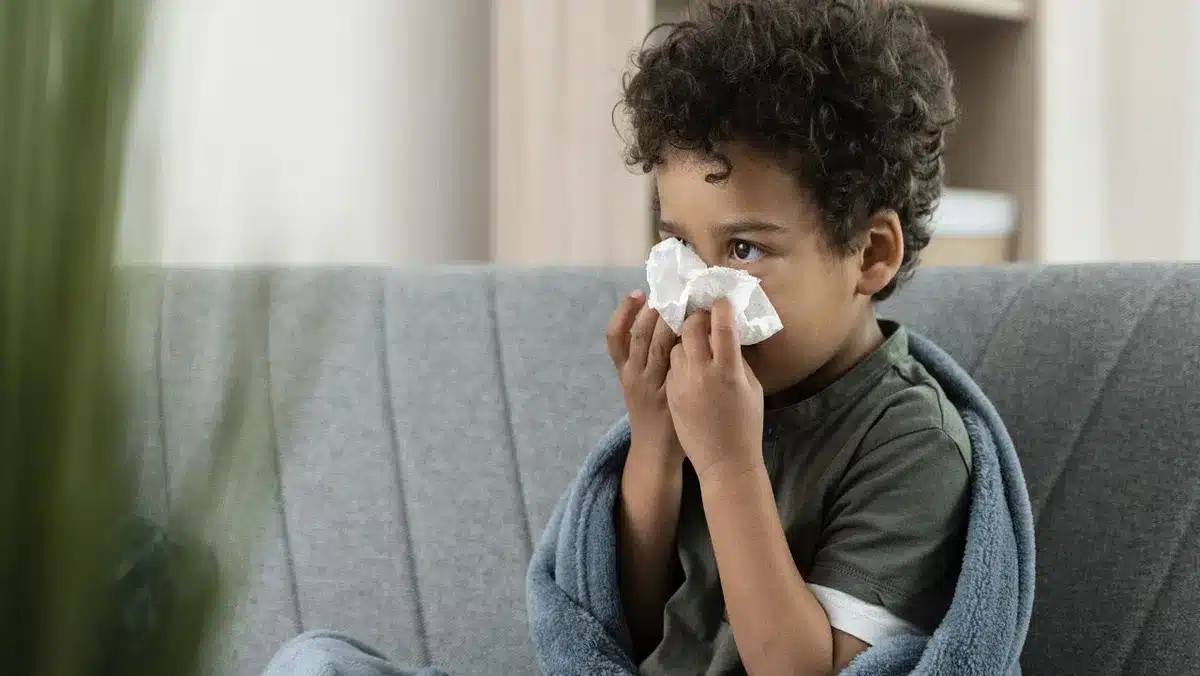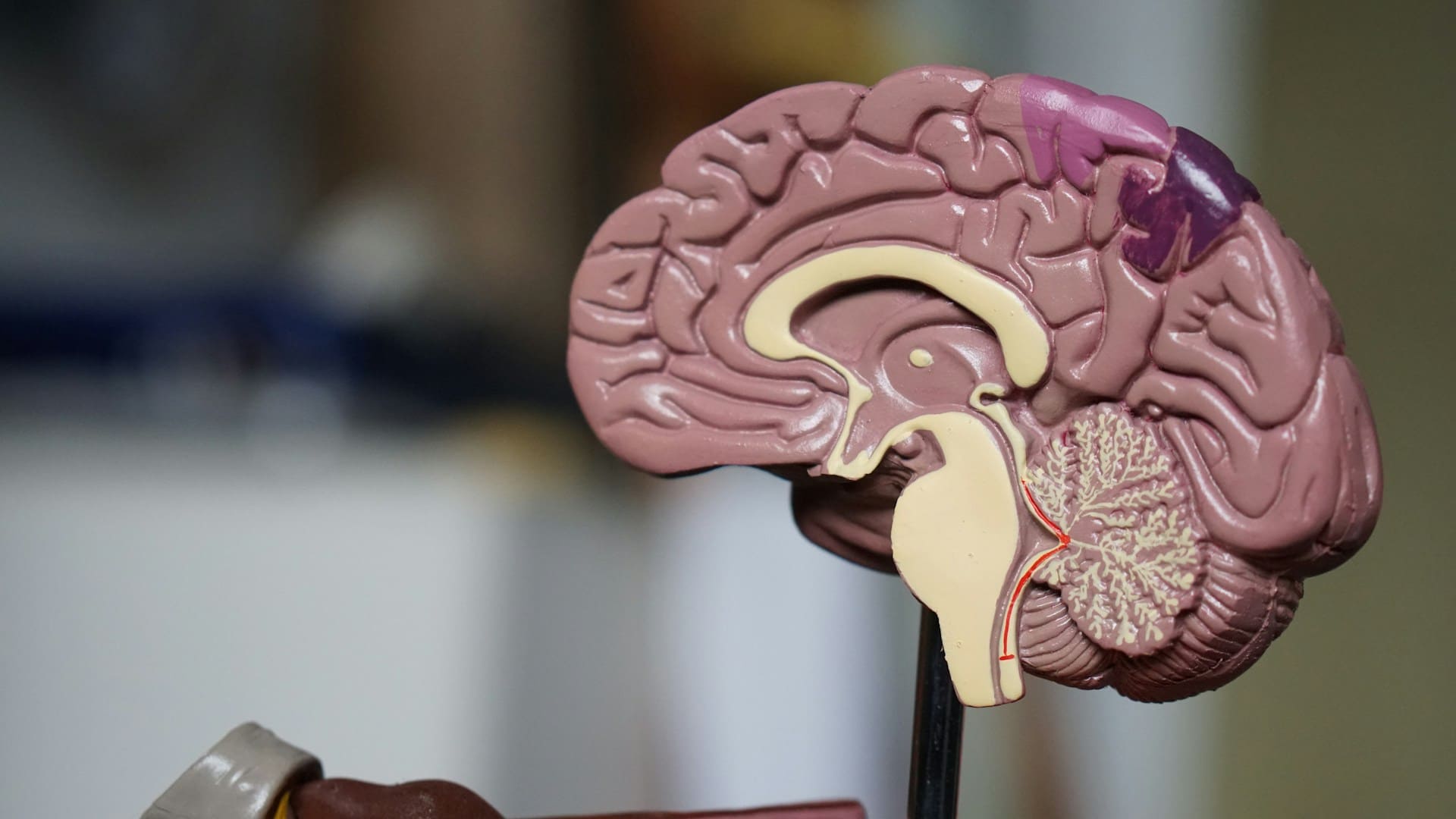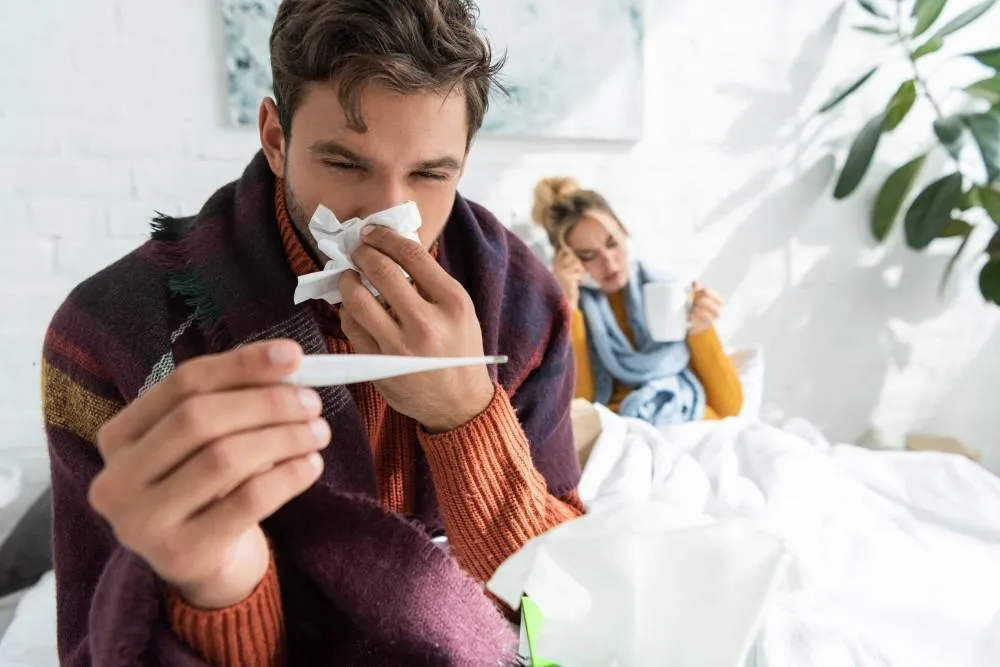12 Common Illnesses that Peak in the Fall
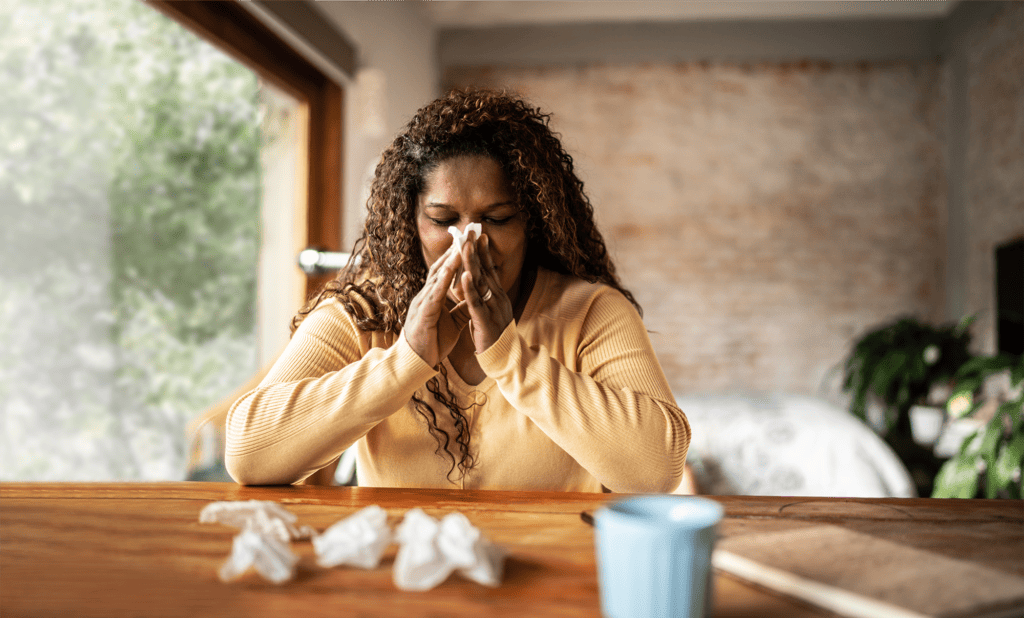
With the fall, the human body is exposed to increased stress. The rapid changes in temperature, decreased sunlight and high humidity create favorable conditions for the development of common fall illnesses. Fall often comes with various ailments. The weakened immunity after the summer season makes us more vulnerable to various viruses and bacteria. To be better prepared for the fall season, you must know how to reduce the risk of their occurrence.
Why Illnesses Peak in the Fall
Fall is a time when our bodies become especially vulnerable to fall illnesses. Why does this happen?
Weather change is essential since it has a lot of influence on our well-being. Fall sees a drastic change in the weather pattern. The body experiences a lot of stress as it tries to cope with the surroundings, and so the body’s natural defenses become low.
The absence of sunlight also makes a significant contribution. Vitamin D is an important factor for the body’s immunity system. Autumn is the season of shorter days, and this is why vitamin D is not enough.
Another common cause of fall sickness is prolonged exposure to cold. Cold wind causes inflammation of the mucus membranes of the nose and throat, resulting in favorable conditions for the growth of bacteria and viruses.
There are also psychological aspects to the condition. The increased risk of depression is common to many people during fall due to shorter daylight time. The flu and common cold that develop during such stress of seasonal changes also weaken immunity.
The Common Cold
Most often, we understand a group of acute diseases of the upper respiratory tract under the general name of a cold. In other words, it is a synonym for ARVI or acute respiratory illness, which is commonly used in everyday life.
Colds are usually seasonal and associated with the cold season, although hypothermia is only a contributing factor. Fall viruses or bacteria affecting the respiratory tract are the direct cause of the disease. Common colds can also occur under the influence of pathogenic bacteria if favorable conditions are created for their activation.
Cold treatment aims to relieve symptoms, as there is no specific treatment against the viruses that cause colds. Remember that you should not use antibiotics because they are ineffective against viral infections.
Influenza (Flu)
Influenza is a virus-brought acute respiratory viral illness with an abrupt onset, predominantly upper respiratory tract involvement, and generalized intoxication.
The autumn disease begins acutely with general intoxication. Then, the patient feels heat and has a sharp headache in the forehead, brow bones, temples, and eyes. The headache intensifies during eyeball movement and is accompanied by photophobia, dizziness, general weakness, and muscle pain.
Most patients with influenza are treated symptomatically, including bed rest, hydration, and, if necessary, antipyretics. However, antibiotics are required for complications of bacterial infections. Specific prevention consists of vaccination, which should be performed two months before the start of the epidemic. Don’t forget to ask some flu season questions if you have any.
Seasonal Allergies
Seasonal allergies occur when the number of allergens, such as plant pollen and mold spores, increases in the air. They usually occur between August and November and are the leading cause of allergies in autumn.
Allergy symptoms in kids include sneezing, stuffy nose, itchy eyes and throat, tearing, and sometimes difficulty breathing. Allergies treatment services recommend avoiding spending long periods of time outdoors in windy weather, ventilating rooms only through filters, and taking antihistamines or intranasal sprays as recommended by your doctor.
Bronchitis
Bronchitis, or inflammation of the bronchi, is one of the respiratory infections in the fall. It usually occurs after a common cold or flu. If the virus manages to enter the respiratory tract, the bronchi become inflamed and swollen, contributing to increased mucus production.
Symptoms of bronchitis include coughing (with or without phlegm), shortness of breath, wheezing, chest pain and sometimes fever. The main aim of the treatment for bronchitis is to relieve symptoms and it may include the use of bronchodilators, mucolytics to thin sputum, and, in some cases, antibiotics if the cause is a bacterial infection. To prevent bronchitis, it is recommended to strengthen the immune system, avoid hypothermia, quit smoking and practice good hygiene, especially during cold and flu season.
Strep Throat
It is a bacterial disease caused by group A Streptococcus bacterium (Streptococcus pyogenes). It involves the infection of the back of the throat and is one of the most prevalent causes of an acute sore throat, especially in children and adolescents. What is the difference between strep throat vs sore throat?
Patients usually experience a sharp sore throat, especially when swallowing, fever, swelling and redness of the tonsils, and the presence of purulent plaque. They may also experience generalized weakness, headache, and swollen cervical lymph nodes. It is important to note that, unlike viral infections, streptococcal sore throat usually does not have symptoms such as cough or runny nose.
Treatment for strep throat includes antibiotics, which help quickly kill bacteria and prevent complications such as rheumatic fever or acute glomerulonephritis. Patients may also use some home remedies for strep throat.
Pneumonia
Pneumonia is an acute infectious inflammation of the lungs that can be observed in patients of different ages. Viral infections in the fall are usually the most common reason for the development of pneumonia. Pneumonia develops in case of infection with parainfluenza, influenza A, B, C, adenoviruses, coronaviruses, etc., when there is no treatment.
Bacterial pneumonia is treated with antibiotics. Proper antibiotic prescription is crucial to avoid antibiotic resistance and other possible complications. Usually, adequately selected antibiotics, rest, non-steroidal anti-inflammatory drugs, and plenty of fluids are sufficient for a full recovery.
Treatment of viral pneumonia aims to eliminate the leading seasonal sickness symptoms and complications. Patients should follow a diet and rest regimen, take drugs, and, if necessary, receive other therapies.
Asthma Flare-Ups
Asthma is a chronic disease in which the inflammatory process in the respiratory tract worsens when the body is exposed to specific external factors. Asthma symptoms and triggers include cold and dry air in winter.
Common fall illnesses (influenza, ARVI, and bronchitis) are also unfavorable factors that provoke attacks of bronchial asthma. The patient is prescribed medications to relieve spasms.
Also, more often, remedies to combat inflammation—inhalations—are used. They contribute to reducing the swelling caused by the inflammatory response. For this purpose, both non-steroidal (non-hormonal) drugs and glucocorticoids (hormones) are used.
Respiratory Syncytial Virus (RSV)
What is RSV in medical terms? It is one of the common kid viruses that affect the respiratory tract.
Symptoms of RSV include runny nose, coughing, difficulty breathing, wheezing, fever and decreased appetite. In infants, fall sickness can lead to bronchiolitis and pneumonia, making the virus especially dangerous for children under 2 years of age. In adults and older children, symptoms may resemble the common cold and may be milder.
Treatment of RSV is usually aimed at relieving symptoms, as there is no specific antiviral therapy. Patients should get plenty of rest, drink more fluids, and take antipyretics if necessary. In severe cases, hospitalization for observation and oxygen support may be required.
Norovirus (Stomach Flu)
Despite being more prevalent in the fall and winter months, Norovirus infections can happen at any time. The Centers for Disease Control and Prevention informs that this common sickness in fall, which occurs in falls, is the leading cause of acute respiratory infections such as gastroenteritis with vomiting and diarrhea in the US.
Norovirus infection is sometimes called “stomach flu.” However, it is not related to the influenza virus. Acute norovirus gastroenteritis can lead to dehydration.
The autumn disease is transmitted through contact with infected people, contaminated food, water or surfaces. Norovirus is resistant to many disinfectants, making it difficult to eliminate in public places. There is no cure for norovirus as such – treatment is aimed at alleviating symptoms and maintaining hydration. You have to drink plenty of fluids and avoid foods that can aggravate the stomach.
Sinus Infections
Ear infection often accompanies quite a number of viral infections, especially the winter cold virus. Such impairment is not limited only to harmless mucus parsonic and mucus membranes.
Viral infections in the fall are usually associated with nasal obstructive symptoms, forehead, nasal or eyeball pain, headaches, thick nasal discharge, and coughing daily and at night.
Treatment for this common fall sickness may include saline solutions to rinse the nose, pain medications, and, if necessary, antibiotics in case of a bacterial infection. To prevent this disease, it is important to avoid irritants such as smoke and allergens.
Ear Infections
Otitis is a dangerous otolaryngological disease accompanied by inflammation of ear tissues and pain. It most often affects children, but due to improper cold treatment, it can occur in people of any age.
This fall sickness causes earaches, a clogged sensation in the ear, impaired hearing, ear discharges, and sometimes chills. In young children, the symptoms of earaches are often associated with irritability, crying, and poor appetite.
In the case of viral infections, specific therapy is usually not required, and symptoms go away on their own after a few days. Bacterial infections are treated with antibiotics. Painkillers may also be prescribed to reduce pain and inflammation. If you need urgent care ear infection visit your health provider.
Tips for Preventing Fall Illnesses
Fall illness prevention includes following a few simple health tips for autumn. First, keep your immune system strong by eating a balanced diet, which helps fight infections. Also, do not forget about regular physical activity, which improves the overall health of the body.
Secondly, pay attention to personal hygiene and seasonal sickness symptoms. Frequent hand washing and the use of antiseptics help reduce the risk of disease development.
In addition, ensure that you get enough sleep. Studies show that a good night’s sleep helps strengthen the immune system. Read also about common causes of pink eye to prevent this disease.
Remember to get a flu vaccination, especially during the fall, to reduce your risk of getting sick. Finally, control your stress levels, as they can negatively affect your immune system.
Conclusion
During the cold and flu season, you can significantly boost your immune system and protect yourself from illness. Remember, a healthy lifestyle, including balanced nutrition, regular exercise, adequate sleep, and stress management, is vital to a robust immune response.
Take control of your health this fall! As the fall season approaches, it’s essential to understand the connection between the immune system and fall illnesses. A reduction in immune defense can be a factor in an increased risk to chances of cold and flu among such children. Simply, if you have any questions or concerns, talk with a physician.




